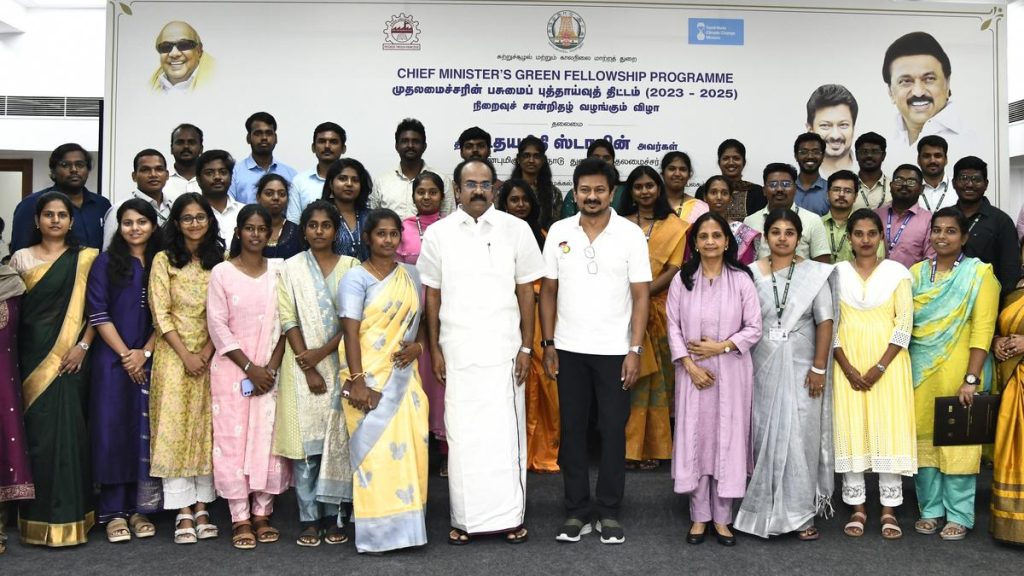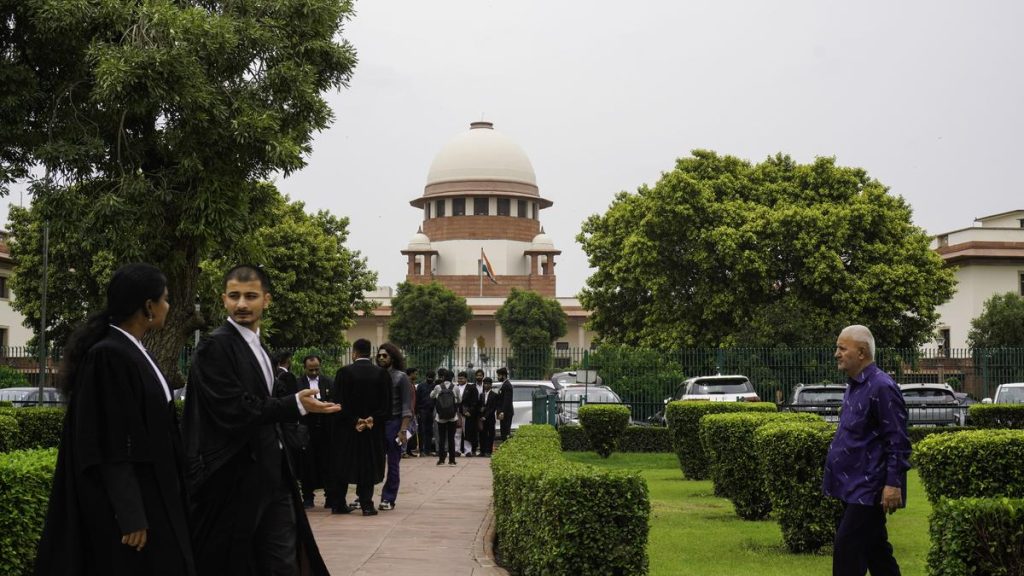Now Reading: Bangladesh Detains 48 Indian Fishermen, Seizes Three Boats
-
01
Bangladesh Detains 48 Indian Fishermen, Seizes Three Boats
Bangladesh Detains 48 Indian Fishermen, Seizes Three Boats
Fast Summary
- Bangladesh Navy arrested 48 Indian fishermen,including 14 on August 2,2025,for straying into Bangladeshi waters over the past 20 days. Three trawlers-FB Jhar,FB Mangalchandi,adn Paromita-were impounded.
- The arrested fishermen are from Kwakdip area in West BengalS South 24 Parganas district.
- South 24 Parganas District Magistrate Sumit Gupta stated that efforts regarding repatriation fall under the Union Home Department as this is an international matter.
- Visuals shared by local media depicted the detained fishermen tied with ropes by Bangladeshi authorities.
- Joy Krishna haldar from the All Bengal Fishermen Association criticized the arrested individuals, emphasizing that strict punishment should be imposed and condemning repeated boundary violations aimed at better catches like Hilsa fish from Bangladeshi waters. the association decided to sever ties with detained fishermen.
- Similar incidents have occurred annually; last year, a reciprocal repatriation saw India return two trawlers while receiving six Indian vessels along with fishermen released by both nations.
Indian Opinion Analysis
This recurring issue of maritime boundary violations highlights complex interdependencies between neighboring countries in matters of livelihood and territorial rights. For India, it underscores two critical challenges: balancing diplomatic relations with Bangladesh while addressing socio-economic pressures faced by vulnerable communities reliant on fishing livelihoods.
The intensified focus on lucrative catches like Hilsa from foreign waters reveals deeper concerns about declining fish stocks domestically or unregulated practices encouraging border transgressions. This incident could prompt a necessary discourse around sustainable fishing policies and stricter enforcement mechanisms to mitigate such yearly conflicts while ensuring equitable resource distribution for impacted fisherfolk.
Additionally, India’s response-via its Union Home department-will need to address not only immediate repatriation but also structural measures preventing recurrence without disrupting bilateral goodwill. The annual exchanges of detained vessels and citizens reflect cooperative approaches but indicate room for fortified solutions addressing root socio-economic drivers behind such transgressions.
























